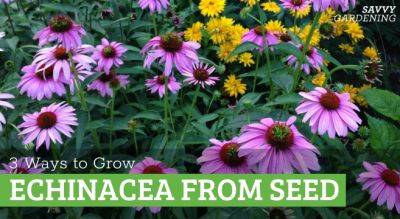Coneflowers (Echinacea species) are a favorite perennial of millions of gardeners, and growing Echinacea from seed is fun and easy, if you follow the strategies I’m about to share. In this article I’ll introduce 3 methods of planting Echinacea seeds and the correct timing for each technique. With a little patience and forethought, you can grow hundreds of coneflower plants for the price of a single packet of seeds.
Seeds Ideas, Tips & Guides
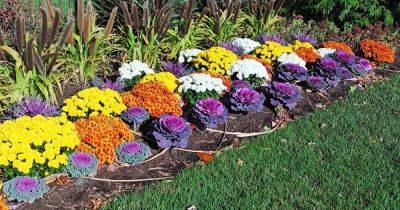
15 of the Best Annuals for Vivid Fall Color
15 of the Best Annuals for Vivid Fall Color
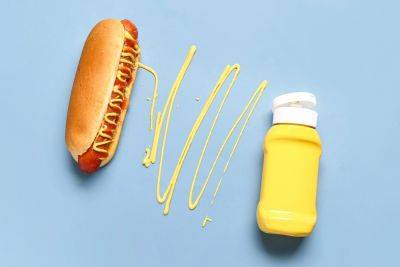
Climate Change Is Coming for Your Favorite Condiments
The hurricanes, floods, droughts and wildfires linked to human-caused rises in global temperatures and changing weather patterns are decimating harvests of essential food crops around the world, driving a crisis in global hunger never before seen in the modern era. According to the World Health Organization, between 691 million and 783 million people faced hunger in 2022, an increase of 122 million people when compared to pre-pandemic levels in 2019.
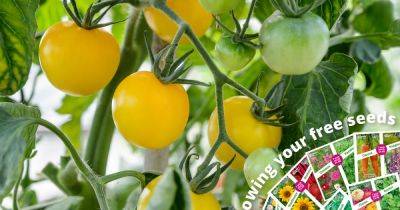
Free veg seeds 2024 – March
March growing with Rachel
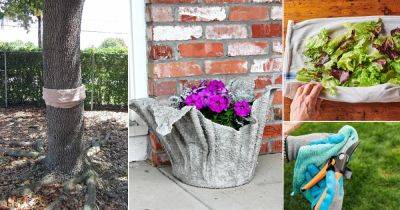
12 Cool Things to Do With Old Towels in the Garden
Old towels can be used in a variety of ways that can help you in a lot of day-to-day gardening chores to make it really easy for you!
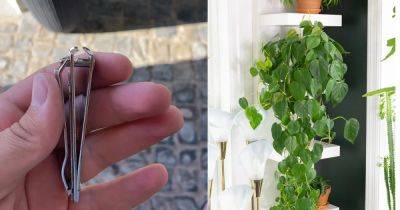
Try 7 Nail Clipper Hacks for Successful Germination and Bushier Plants
Nail clipper, a common household tool, can surprisingly play an important role in successful germination of seeds along with helping plants to grow better. Sounds impossible? Keep reading!
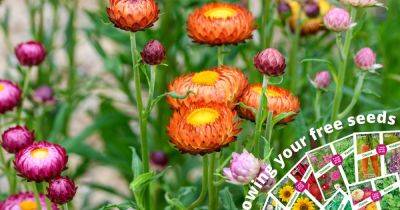
Free flower seeds 2024 – March
March growing with Cel Robertson
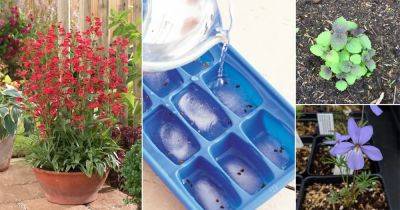
38 Seeds You Should Freeze Before Planting for Better Germination
There are certain seeds in the plant kingdom that you should freeze to avoid a poor germination rate after planting and if you are wondering why, read below!
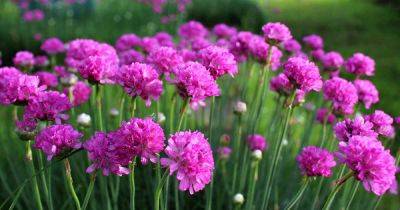
How to Grow and Care for Sea Thrift
How to Grow and Care for Sea Thrift Armeria maritima
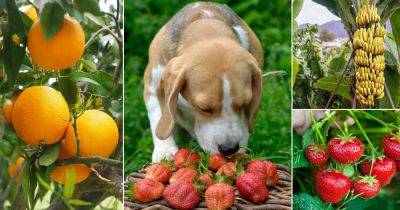
15 Best Fruits Dogs Can Eat | Can Dogs Eat Fruits
Although dogs do not need fruits to be in their best health, fresh ones can be added to your pup’s diet. This list will help you pick the right one.
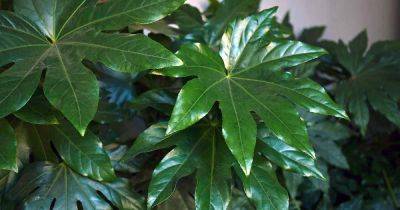
How to Grow Japanese Aralia (Fatsia Japonica)
How to Grow Japanese Aralia (Fatsia Japonica) Fatsia japonica
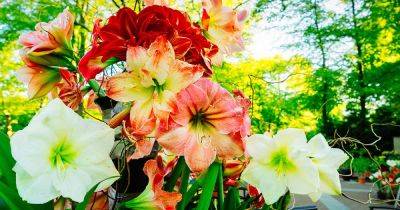
How to Grow Amaryllis from Seed
How to Grow Amaryllis (Hippeastrum) from Seed
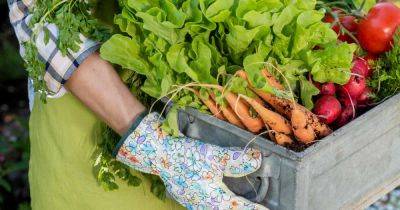
Succession Planting: How to Grow Crops for a Continual Harvest
Succession Planting: How to Grow Crops for a Continual Harvest

How to Grow and Care for Areca Palm
How to Grow and Care for Areca Palm Dypsis lutescens
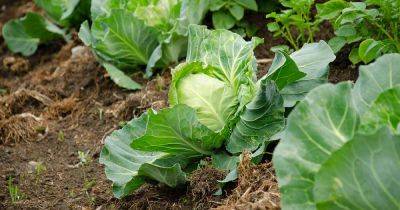
Reasons Cabbage Plants May Not Form Heads
Reasons Why Your Cabbage Plants May Not Form Heads
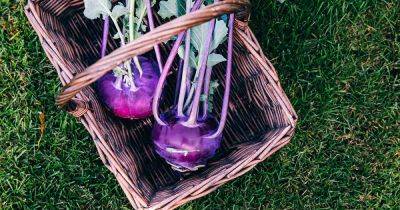
Tips for Harvesting Homegrown Kohlrabi
How And When to Harvest Kohlrabi
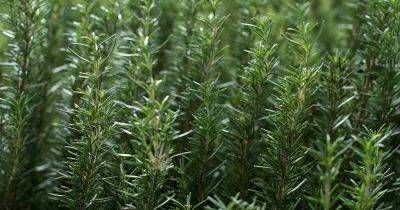
How to Propagate Rosemary Plants
How to Propagate Rosemary Plants
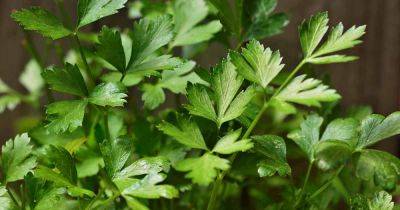
How to Grow Parsley from Seed
How to Grow Parsley from Seed
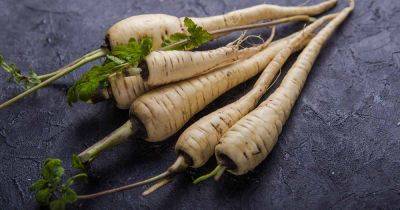
Can You Regrow Parsnips from Kitchen Scraps?
Can You Regrow Parsnips from Kitchen Scraps?
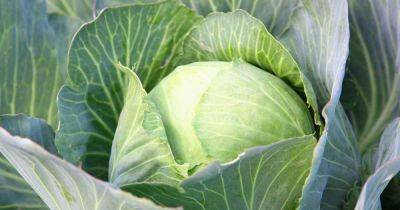
How to Plant and Grow Cabbage | Gardener's Path
How to Plant and Grow Cabbage: A Fall and Spring Staple Crop Brassica oleracea var.capitata
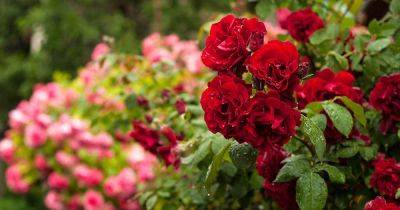
How to Collect and Save Rose Seeds
How to Collect and Save Rose Seeds for Planting
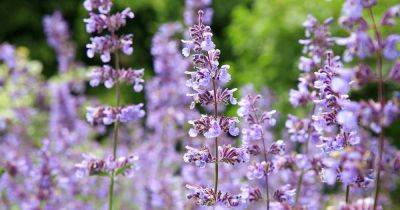
What’s the Difference Between Catmint and Catnip?
Catnip vs. Catmint – What’s the Difference?
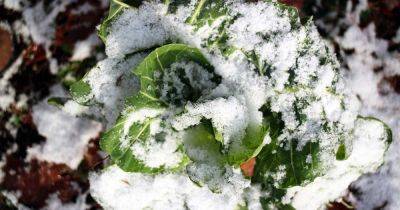
Tips for Growing Collard Greens in Winter
Tips for Growing Collard Greens in Winter
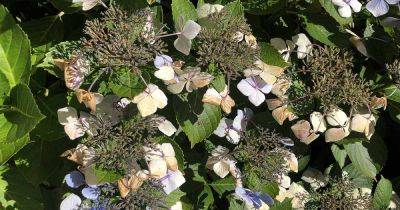
How to Collect and Plant Hydrangea Seed
How to Collect and Plant Hydrangea Seeds
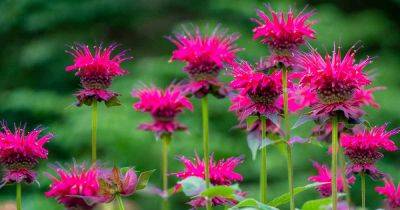
How to Plant and Grow Bee Balm (Monarda)
How to Plant and Grow Bee Balm Monarda spp.
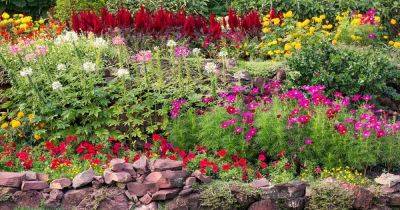
How to Collect Flower Seeds for Planting
Collecting Flower Seeds: How and When to Harvest Seeds from the Garden for Planting
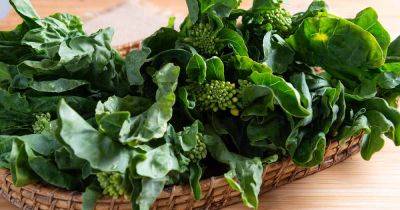
How to Grow Chinese Broccoli
How to Grow and Use Chinese Broccoli Brassica oleracea var. alboglabra
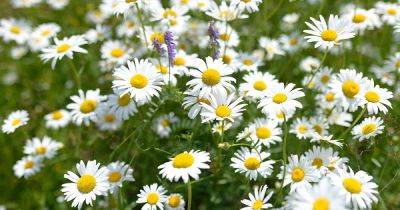
How to Grow a Chamomile Lawn
How to Grow an Aromatic Chamomile Lawn
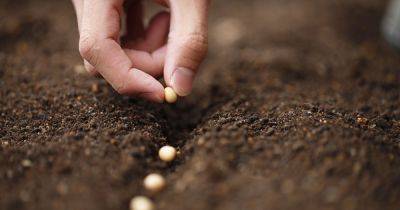
How to Pre-Seed the Garden in Fall for an Early Harvest
How to Pre-Seed your Garden in Fall for an Early Spring Harvest
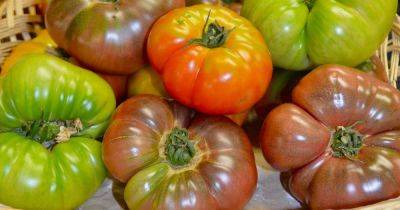
How to Grow Brandywine Tomatoes
How to Plant and Grow Brandywine Tomatoes Solanum lycopersicum ‘Brandywine’
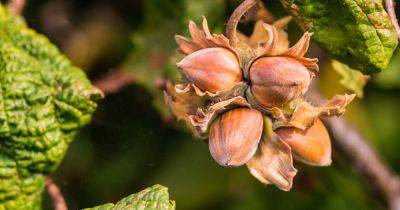
How to Grow Hazelnut Trees
How to Grow Hazelnut Trees Corylus spp.
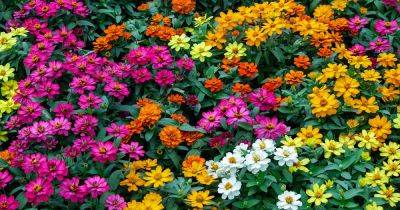
How to Plant and Grow Zinnias
How to Grow Eye-Popping Zinnia Flowers Zinnia spp.
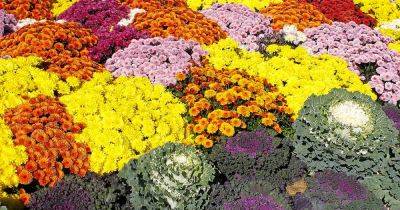
How to Choose Flowering Annuals for Cold Climates
How to Choose Flowering Annuals for Cold Climates
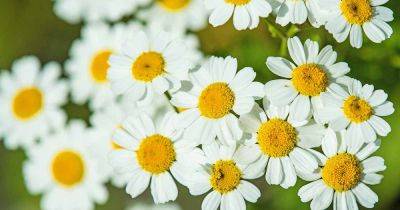
How to Plant and Grow Feverfew
How to Grow Feverfew: A Medicinal and Visual Delight Tanacetum parthenium
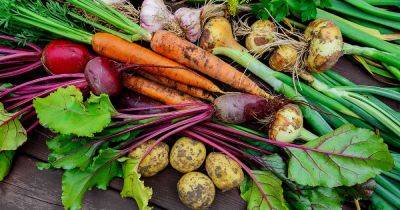
The 19 Best Cool-Weather Crops for a Productive Fall Garden
19 of the Best Cool-Weather Crops for a Productive Fall Garden
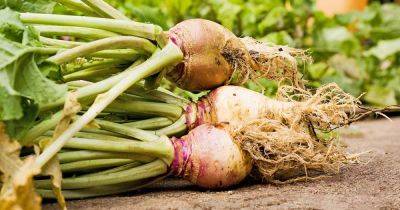
How to Grow Rutabagas: A Cool-Weather Crop Perfect for Fall
How to Grow Rutabagas: A Cool-Weather Crop Perfect for Fall Brassica napus var. napobrassica
Popular Topics
Welcome to the "Seeds" section of diygarden.cc! Here, we delve into the fascinating world of seeds and provide you with valuable information to help you unlock the potential of these tiny powerhouses in your gardening endeavors.
They are the reproductive structures produced by plants, the result of fertilization and contain the embryonic plant, along with a supply of nutrients to support its initial growth.
Seeds play a crucial role in the plant life cycle, enabling plants to reproduce and spread to new locations. Seeds are typically formed within the reproductive structures of plants, such as flowers, cones, or fruits. Inside a seed, there is an embryo, which consists of the young plant in a dormant state. This embryo has a root, stem, and one or more leaves, which will develop into the mature plant.
In addition to the embryo, a seed also contains a food source called the endosperm or cotyledon. The endosperm provides essential nutrients, such as carbohydrates, proteins, and fats, to support the early growth of the germinating seedling until it can establish its own photosynthetic capacity.
Seeds come in various sizes, shapes, and structures, depending on the plant species. They may be tiny and barely visible to the naked eye, like those of orchids, or large and easily recognizable, like the seeds of sunflowers. Some seeds have protective coverings, such as hard shells or husks, while others are enclosed within fleshy fruits.Our "Seeds" section of diygarden.cc provides you with valuable knowledge, tips, and techniques to embark on your gardening journey.
Our site greengrove.cc offers you to spend great time reading Seeds latest Tips & Guides. Enjoy scrolling Seeds Tips & Guides to learn more. Stay tuned following daily updates of Seeds hacks and apply them in your real life. Be sure, you won’t regret entering the site once, because here you will find a lot of useful Seeds stuff that will help you a lot in your daily life! Check it out yourself!
